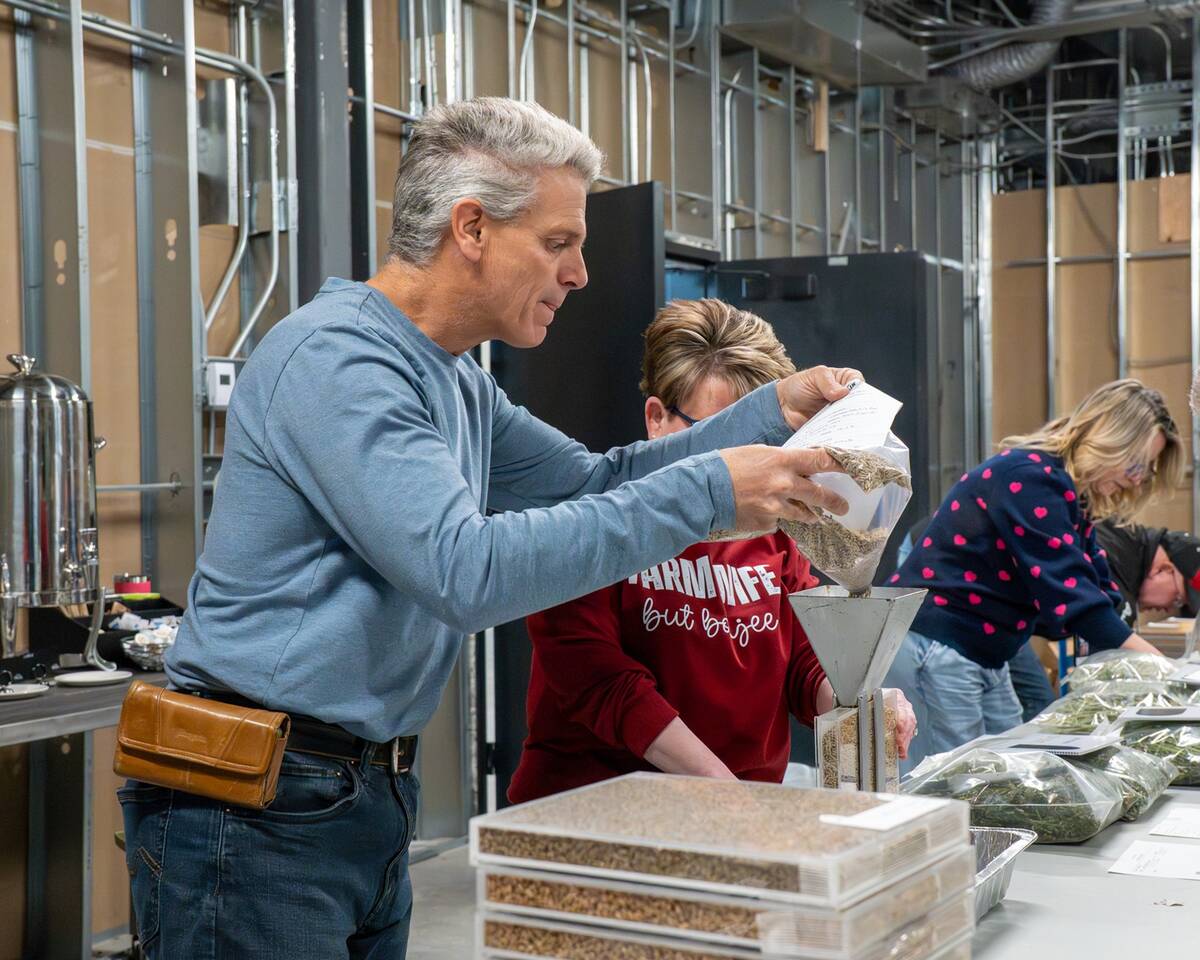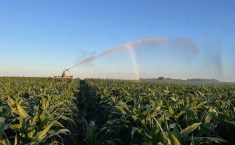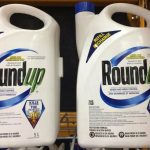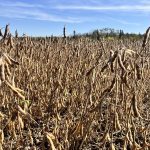Alberta’s food supply chain is stable and is functioning — but it’s essential to keep goods flowing across the U.S. border, says the province’s agriculture minister.
“We have put in an official request to the federal government to deem the entire food supply chain as an essential service to ensure a safe and stable food supply chain for Alberta,” Devin Dreeshen said March 26.
This would help ensure items such as calf vaccines and machine parts could cross the American border, Dreeshen said.
Read Also

North American Seed Fair continuing a proud 129-year-old agricultural tradition
One of North America’s longest continually lasting seed fairs makes its 129th appearance in southern Alberta.
“We want to make sure those parts are being distributed and shipped across North America as they normally would,” he said. “We do a lot of international trade that goes into our current food supply. It is technically important to make sure the trade continues between the U.S. and Canada and trade remains open.”
Dreeshen also said the province is working with retailers to ensure there is a supply of items in high demand, and monitoring availability in rural, remote and indigenous communities.
“Alberta’s supply chain is responding well, but it is not business as normal,” said Dreeshen. “Major retailers are sharing that they are seeing a 50 per cent increase in sales, and sales per total customers have doubled. Demand for long shelf life product and meat has increased.”
There has been some hoarding and panic buying and this has led to empty shelves — but there is no food shortage, he emphasized.
“Alberta’s food supply is and will continue to be secure,” he said.
Food processors who supply retail markets have ramped up production, with some operating 24/7.
“The main priority for the food supply sector is to keep the workers healthy and keep products safe,” said Dreeshen. “Food processors are subject to strict sanitation procedures and practices, but are implementing enhanced measures recommended by Alberta Health Services and the Canadian Food Inspection Agency.”
The Alberta Motor Transport Association has assured his government that trucking firms are functioning effectively, he said, adding the railways are recovering from the blockades and labour disruptions that interrupted the movement of goods across the country.
“CN has advised us that they have the capacity to address this sudden spike in demand and alleviate pressures on long haul truck drivers,” he said.
Dreeshen said the provincial government has drawn up some emergency plans for procuring certain food items if the border were to close. But the focus is on keeping goods flowing between the two countries as well as within the nation.
“We want to make sure the free flow of goods across Canada continues,” he said.















